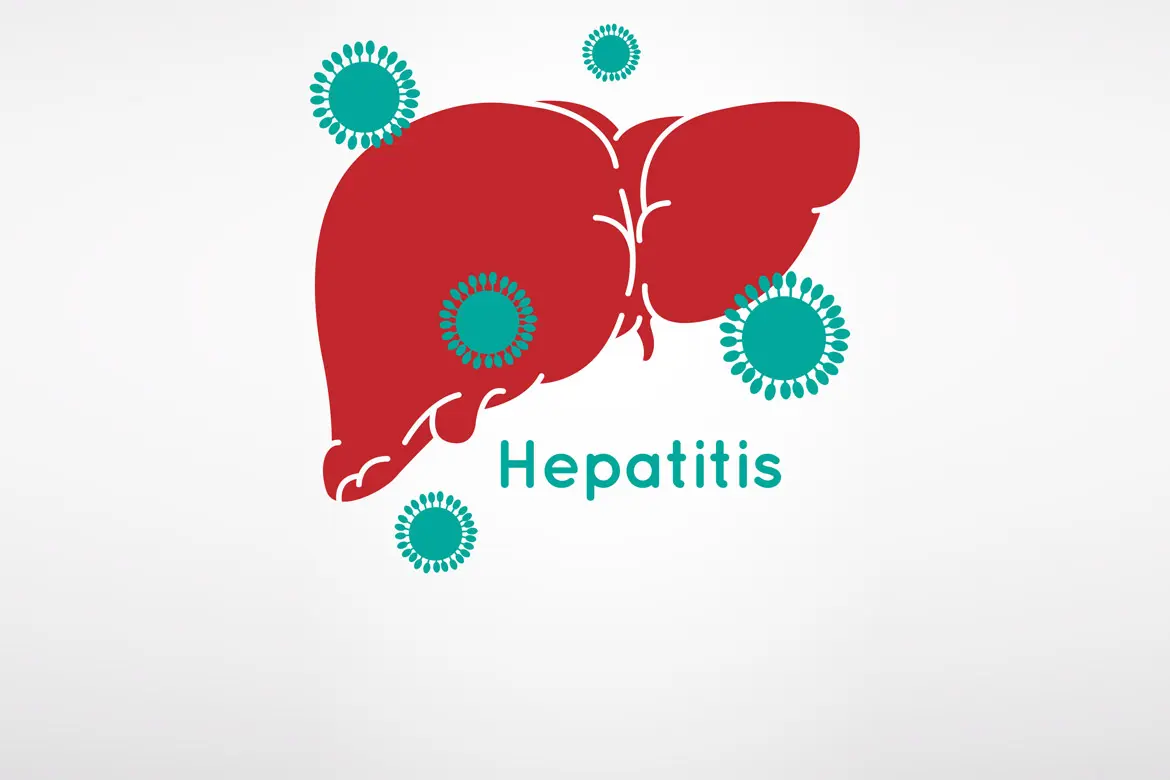Dr Chia Chung King
Gastroenterologist


Source: Shutterstock
Gastroenterologist
Hepatitis is a global public health challenge, with a recent study from the World Health Organization (WHO) revealing that the disease contributes to the highest number of deaths globally (around 1.34 million deaths a year) compared to major infectious diseases such as AIDS, tuberculosis, and malaria.
Hepatitis is an inflammation of the liver that can lead to scarring of the liver or liver cancer. Hepatitis viruses are the most common cause of hepatitis in the world, but other infections, toxic substances (eg. alcohol, certain drugs) and autoimmune diseases can also cause hepatitis.
There are 5 main hepatitis viruses: A, B, C, D and E. Types B and C in particular lead to chronic diseases like liver cirrhosis and cancer. It is also possible to have both hepatitis B and C at the same time.
In this article, we compare hepatitis B and C and look at the treatment and prevention options available.
Acute infection is a short-term condition, lasting under 6 months. Chronic infection is a long-term condition. Most people with hepatitis B don't progress to the chronic stage while most with hepatitis C do. In the acute stage, you usually don't experience symptoms.
All forms of hepatitis present similar types of symptoms. These can include:
The initial infection may commonly be misinterpreted as the flu, or go unnoticed, and many people aren't diagnosed until they receive screening for other blood disorders.
If you experience fluid retention, pale stools, or bleeding problems, this may indicate a liver problem and you should be tested for hepatitis.
If you are diagnosed with hepatitis B, your doctor will advise to abstain from drinking alcohol and to avoid medications (including any kinds of supplements) that the liver filters. As there is currently no cure for hepatitis B, your doctor will monitor your conditions and treat your symptoms as they present, and prescribe antiviral drugs where appropriate. Many patients would require long-term antiviral treatment which is effective in suppressing the virus and preventing liver cancer and other serious complications. Your body may also clear the virus naturally over time.
If you are diagnosed with hepatitis C, you may be prescribed antiviral medications such as ledipasvir/sofosbuvir (Harvoni) and daclatasvir (Daklinza). Almost all patients on the newer medications can be cured of hepatitis C. The type of medication to take will depend on the variation of hepatitis C you have. Your doctor will usually prescribe a course of treatment that lasts 12 – 24 weeks.
There is a vaccination available for hepatitis B.
There is no vaccine for hepatitis C. You can attempt to prevent it by not sharing needles or razors with those infected. If you are getting a tattoo, ensure the parlour uses clean needles for new treatments and practises good hygiene. Practise safe sex with the use of condoms.
This list will give insight to the possibility of being unknowingly exposed to hepatitis:
If you agree to any of the above statements, there is a chance you need to be screened for either hepatitis B or C. Hepatitis C can be treated with direct-acting antiviral (DAA) drugs, while hepatitis B can be prevented with a vaccine.
It is advisable to make an appointment to get tested early so you can receive appropriate and timely treatment.